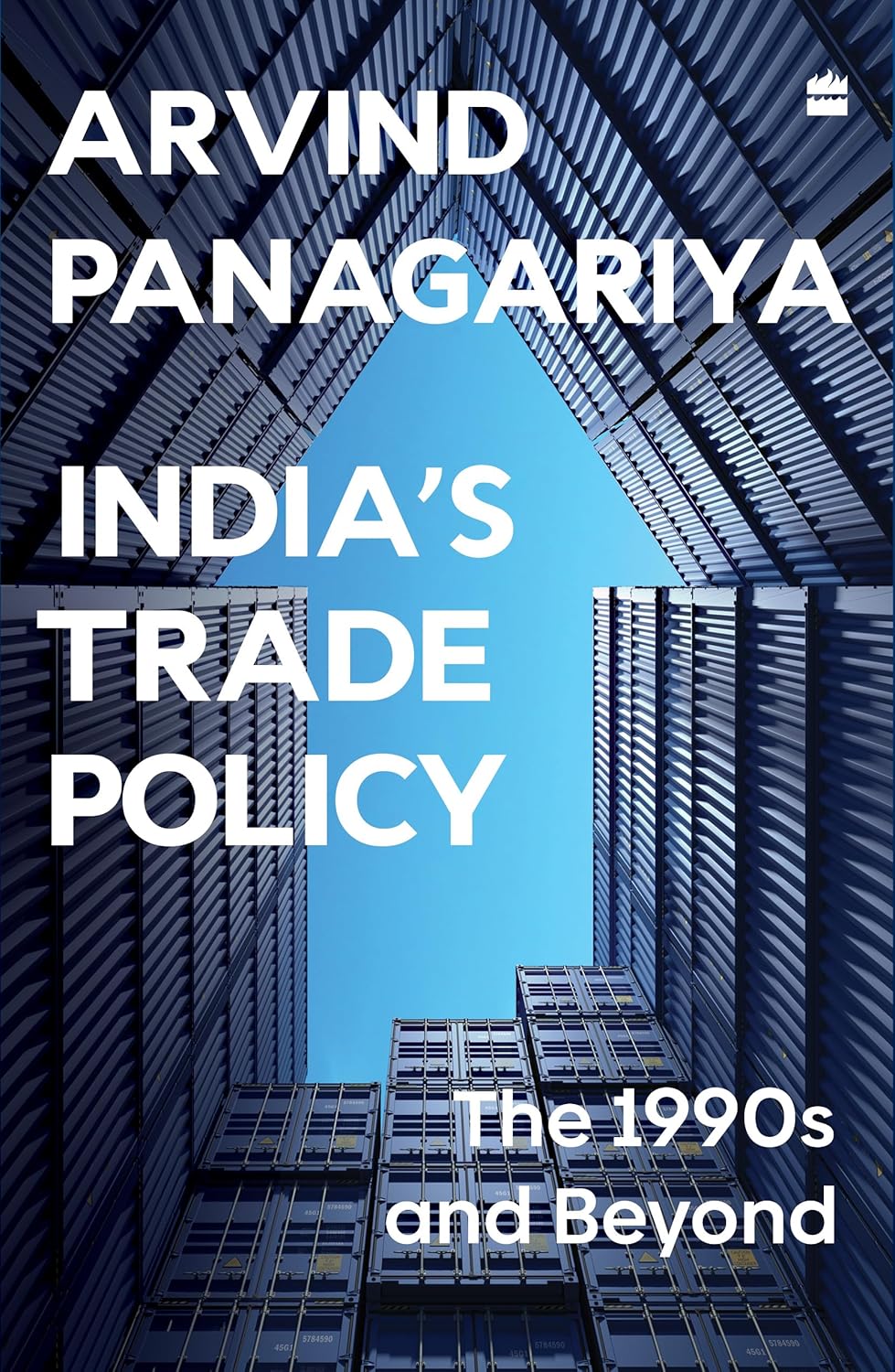India's Trade Policy The 1990s and Beyond
Arvind Panagariya is a professor of economics and the Jagdish Bhagwati Professor of Indian Political Economy at Columbia University. He is also the Director of the Raj Center on Indian Economic Policies at Columbia University. He served as the first vice- chairman of the NITI Aayog from January 2015 to August 2017. He is the author of more than fifteen books, among them India's Tryst with Destiny with Jagdish Bhagwati, which has been called 'a manifesto for policymakers and analysts'. The Government of India honoured him with the Padma Bhushan in 2012. ... Read more Read less
In 1991, India began the process of liberalizing the economy. But it has been gradual - even import licensing (on consumer goods) was not fully removed till 2001. Between 1991 and 2023, tariff liberalization was reversed twice-first between 1996-1997 to 1999-2000 and then from 2018-2019 onwards. Anti-dumping was also used extensively to exclude the imports of specific products from the most competitive sources.
Economist and chairperson of the Sixteenth Finance Commission Arvind Panagariya has closely observed the Indian economy over decades and written extensively about it. In this book, he has collected his writings from 1989 to the present day to provide an overview of the Indian economy from when liberalization started to where it has reached. The chapters in this book offer a window to the history of trade-policy changes, the factors driving them and their implications for the country's development and well-being.
... Read more Read less










